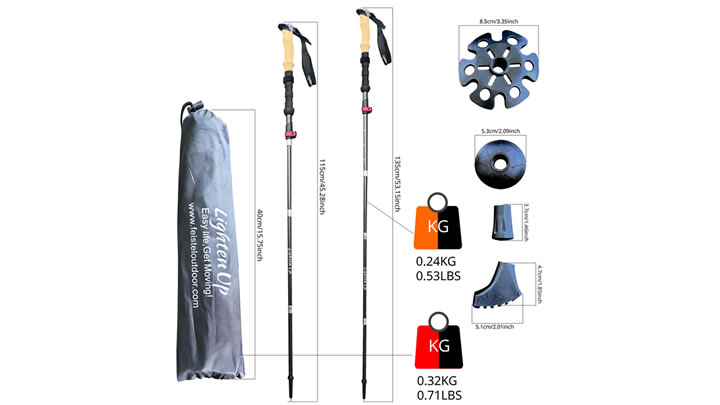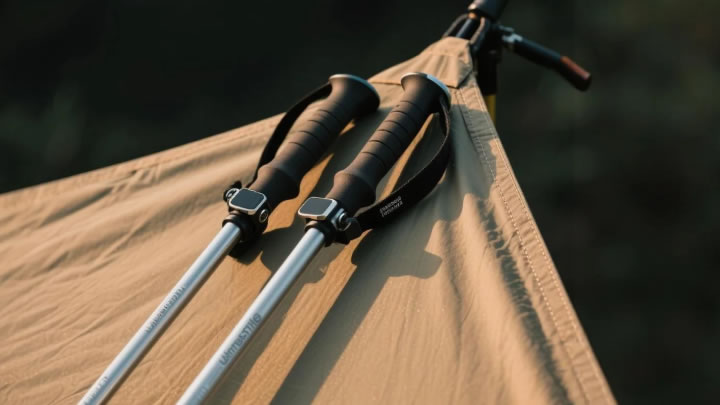How to recycle camping stove fuel canisters?
Empty fuel canisters are a common byproduct of camping trips, but tossing them in the trash risks explosions, pollution, and wasted resources. With over 40 million canisters sold annually (EPA estimate), proper recycling is critical. This guide covers safe disposal methods, global programs, and DIY hacks to ensure your used canisters don’t harm the planet.

Why Recycle Fuel Canisters?
- Hazardous Waste: Residual propane/isobutane can ignite in landfills.
- Resource Recovery: Steel and aluminum are infinitely recyclable.
- Legal Compliance: Many regions (e.g., California, EU) ban canisters in household trash.
- Wildlife Protection: Discarded canisters fragment into microplastics in ecosystems.
Step 1: Safely Empty the Canister
DO:
- Attach to stove and burn until flame dies (outdoors, away from flammables).
- Use a canister piercer (Jetboil CrunchIt) to vent remaining gas.
DON’T:
- Puncture with knives/screws (sparks risk explosion).
- Dispose of partially full canisters.
Step 2: Prepare for Recycling
- Puncture Clearly: Use a tool to create a 1/8” hole (prevents reuse and confirms emptiness).
- Remove Valves: Unscrew or cut off (if recycler requires metal-only).
- Label: Write “EMPTY” with a permanent marker.
Step 3: Choose Your Recycling Path
Option 1: Retailer Take-Back Programs
- REI: Accepts punctured canisters at all U.S. stores (free).
- MSR ReCycle: Mail-in program for U.S./Canada (fee applies).
- Decathlon: Free recycling in EU stores.
Option 2: Scrap Metal Facilities
- Requirements: Punctured, valve-free, and clean.
- Materials:Steel canisters (e.g., Coleman): Fetch ~$0.05/lb.Aluminum (e.g., Jetboil): Higher value (~$0.15/lb).
Option 3: TerraCycle’s Free Program
- Process:Collect 10+ canisters.Download a prepaid label from TerraCycle.Ship for free (U.S. only).
Option 4: Household Hazardous Waste (HHW) Events
- Find Sites: Use Earth911’s search tool for local HHW drop-offs.
- Cost: Typically free for residents.
Global Recycling Resources
| Country | Program | Details |
|---|---|---|
| USA | REI, TerraCycle | Free in-store drop-off or mail-in |
| Canada | MEC (Mountain Equipment Co-op) | Select stores accept punctured cans |
| EU | GasDump | Mail to Germany; €15 fee for 1–10 cans |
| Australia | Scout Recycling | Partner with outdoor stores for collection |
DIY Reuse Ideas (Non-Recyclable Cans)
- Camping Lanterns: Add tea lights to empty canisters (drill ventilation holes).
- Tool Storage: Store matches/first-aid kits in cleaned cans.
- Windproof Fire Starters: Stuff with dryer lint and wax.
Common Mistakes to Avoid
❌ Trashing Intact Canisters: Pressurized cans explode in garbage trucks.
❌ Ignoring Local Laws: Fines up to $500 in eco-strict regions (e.g., Colorado).
❌ Hoarding Deadstock: Old canisters leak over time—recycle within 6 months.
FAQs
Q: Can I recycle partially full canisters?
A: No! Contact a HHW facility for safe depressurization.
Q: Are isobutane canisters recyclable?
A: Yes—same as propane, but check local guidelines for mixed materials.
Q: How to recycle Coleman 1-lb propane tanks?
A: Coleman’s Recycle Program (U.S.) accepts them via mail (fee: $10 for 1–10 tanks).
Pro Tips for Eco-Campers
- Switch to Refillables: Use 5-lb refillable propane tanks (Flame King) to cut waste.
- Go Fuel-Free: Try wood-burning stoves (Solo Stove) in forested areas.
- Advocate: Urge campgrounds to install canister recycling bins.
The Bigger Picture
Recycling one fuel canister saves enough energy to power a campsite lantern for 8 hours. While the process requires effort, it’s a small price to protect the trails we cherish.
Recycle right, adventure light, and leave no trace—even with your trash!






